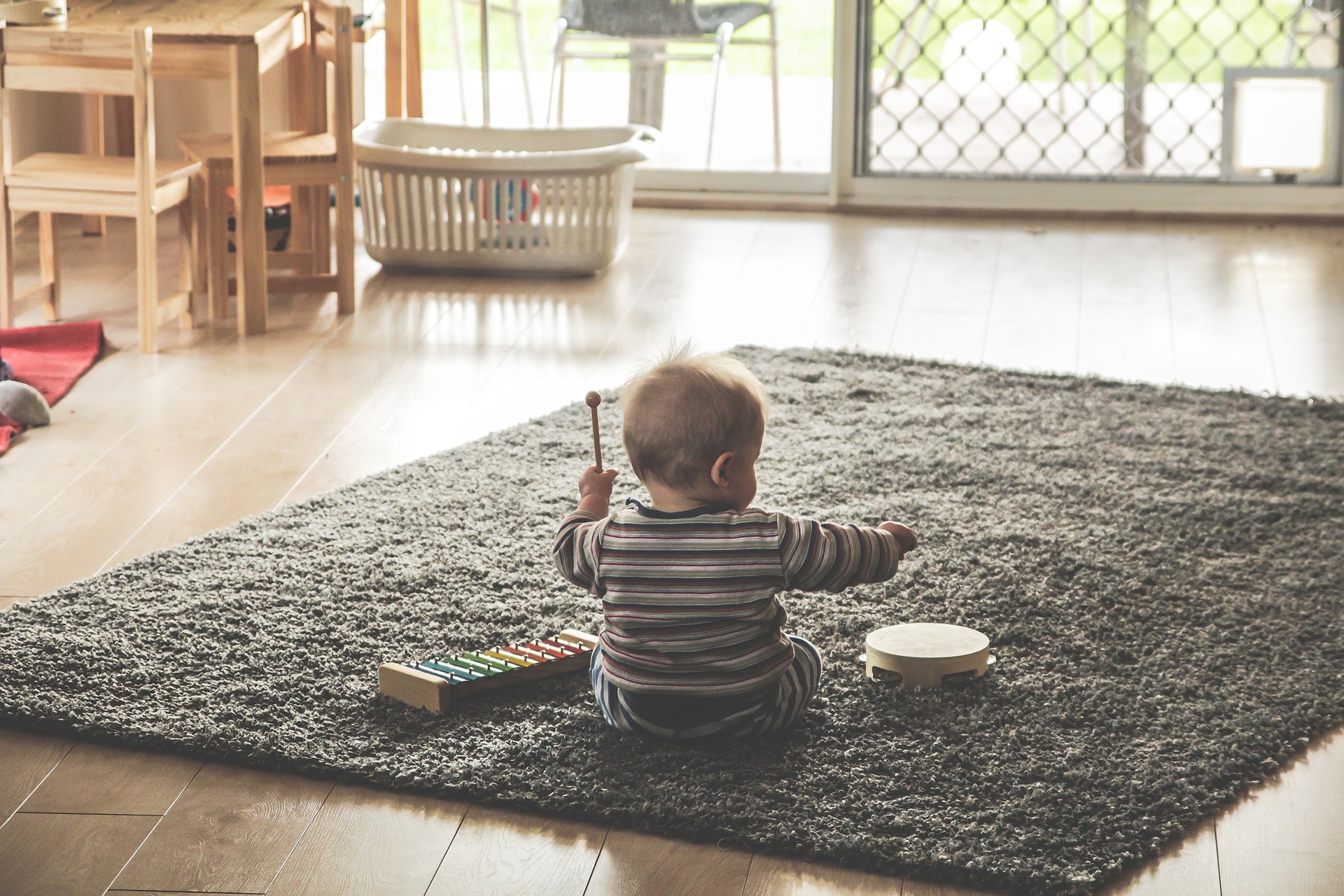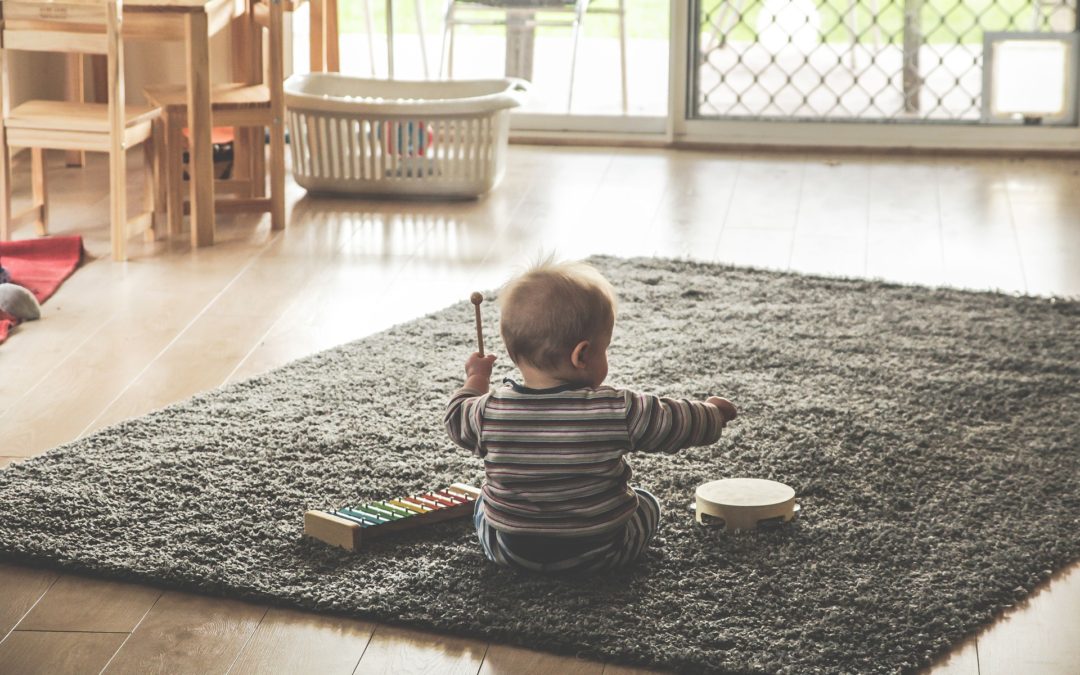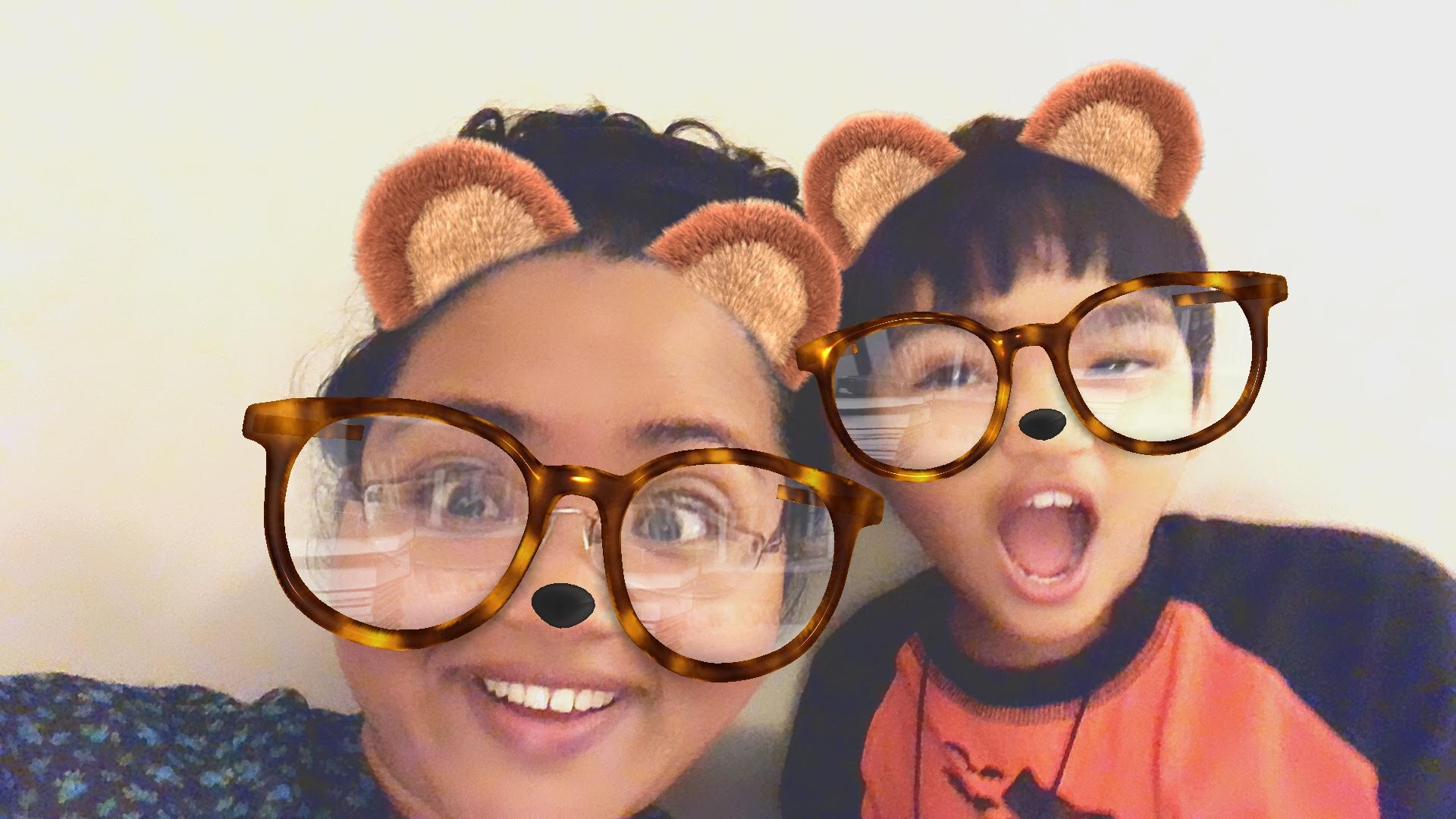Today I wanted to talk about something that I learned about while writing a test sample. But first,
Food for thought
Now, if you are or were a parent or a teacher in your life, you can relate with how enjoyable the learning process is for the kids. Even more, how enthusiastic your children are to learn the ABC, 123, and of course those additions and subtractions. While I strongly promote the importance of education and support the current initiatives for preschool education to be mandatory, being in school for over 6 hours, 5 days a week and to come back home with assignments must be such a thrilling experience for the children. Right?
Why of course, they love it! Think of your school experience! None of us as students ever bunked a class, fell asleep in a class, or hated going to school all together. Right?
To rephrase my sarcastic expression of the learning process in plain and simple terms – the learning process makes us uncomfortable and the process is boring for the most part.
Ok, so now what?
If we were to carefully investigate the effects of music in our lives, whether it be tapping feet to the rhythm, blocking out noise to concentrate in the task at hand, or the impulse to break out into dance moves, we would probably come to a unanimous conclusion: there is an inherent connection of music with human brain. What if we could tap into this mostly unexplored potential of music in education, particularly early and/or elementary education? Why elementary education you ask?
Well, children are natural explorers, eager to learn and try out new things. They are also sponges, constantly learning new things and soaking in an immense amount of information day in and day out. Therefore, early educational experiences have been recognized to be critical for developing children’s academic, social, and cognitive abilities. The sense of hearing in children starts in the womb and therefore they are naturally drawn to oral language through rhythm, repetition, and rhyme. Efficacy of music to aid in enhancing children’s learning abilities is also seen from nursery rhymes like “Five Little Monkeys” and “B-I-N-G-O” which get children excited while they learn to count 1 to 5 backwards and spell a word, respectively. In this regard, interest in arts education, particularly understanding the effect and the impact of music in helping children learn and grow, has been gaining momentum.
Learning and performing music has now been shown to be a form of brain training exercise. Music is shown to strengthen synapses, allowing transmission of neural signals, vital to sensory and perceptual systems like hearing and vision, cognitive system like language and reading, and to motivation and learning memory, among others. Nancy Stewart suggested that music can help children learn and develop six early reading skills: vocabulary, print motivation (interest in books), print awareness (understanding different components of a book, handling a book, and following words in a book), letter knowledge, narrative skills, and phonological awareness. Children from disadvantaged backgrounds could also benefit from music as Kraus and others found that active participation in music enhanced language development in primary school students from the gang reduction zones in Los Angeles, CA.
In a time when the world is changing in leaps and bounds, through innovations and breakthroughs in the science and technology, there is an apparent urgency to prepare children to keep up with the current developments and drive the next set of technological advances. In order to do this, educators need to find ways for children to excel in the field of science and technology. However, science and, mathematics can be difficult for children to grasp because of the lack of the connection of the seemingly alien concepts to their still simple world. Students usually term science and mathematics as boring subjects, too complex and too dry. The students need to enjoy the learning experience of science and technology to be able to thrive in the environment. This is where music can be the missing link, the bridge for the students actively engage in the seemingly difficult and far-fetched concepts, to ignite their curiosity, and to allow them to explore and dig deeper. An and Tillman found a significant increase in the mathematical learning abilities including improvement in their ability to model mathematical concepts of third grade students when music was integrated into their mathematics lessons.
Finally,
This TEDeX talk by Anita Collins talks about how providing music education for children under the age of 7 may be the key for them to lead a happier and smarter life ahead.
If scientists accidentally stumbled upon these findings and if music can in fact create an environment for them to engage in and be interested in learning and understanding new skills and concepts, why our children’s learning experience should not change. Why should it have to be the usual stare in front of the board (well things are a lot more interactive now, but I think you get my point ![]() )?
)?
Our voices together can bring about the transformation in the education sector faster.
We can drive this change!
Now on to more exploring!





